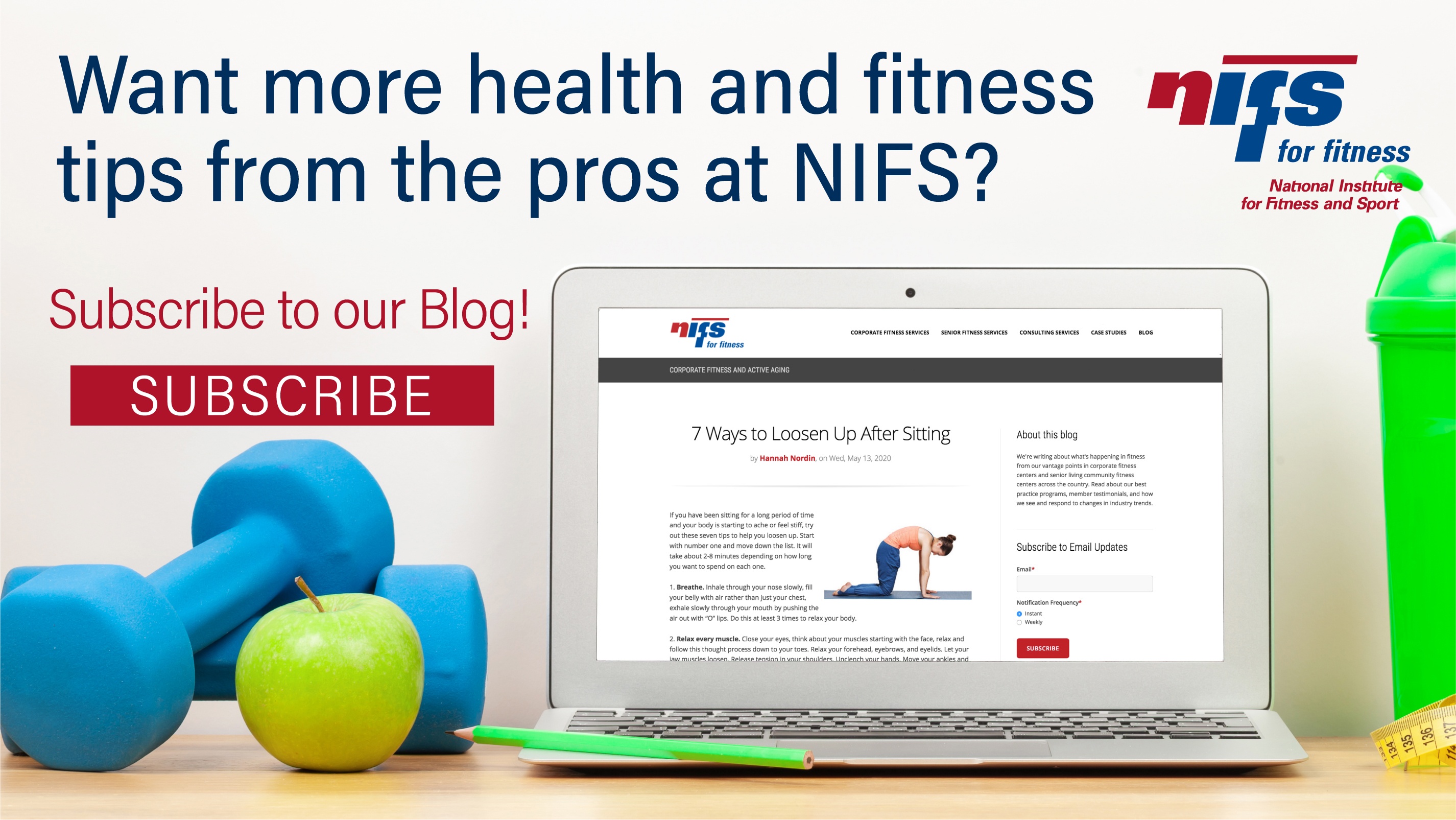 The holidays are fast approaching and as we strive to help our corporate fitness members Maintain and Not Gain this season. Follow these tips and strategies to avoid tipping the scale or adding a notch to the belt over the next few weeks.
The holidays are fast approaching and as we strive to help our corporate fitness members Maintain and Not Gain this season. Follow these tips and strategies to avoid tipping the scale or adding a notch to the belt over the next few weeks.
- Eat slowly - By eating slowly, you are giving the receptors in the stomach and intestines time to sense the expansion that occurs from your food entering and passing through your digestive track. It also gives your body time to release hormones that communicate with your brain that tell you that you’re full. The faster you eat, the easier it is to miss these communication signals which results in over-eating. It takes about 20 minutes for your brain to register the feeling of being full.
- Replace sugary beverages with water - Drink a glass of water before your meal. This will help you consume fewer calories and leave you feeling fuller. Drinking water before eating can help “prime” receptors in your stomach to send satiety signals to your brain before you take a bite. Symptoms of hunger and dehydration are similar, so you may overeat due to thirst if not properly hydrated.
- Eat until satisfied, not stuffed - During the holidays, this is much easier said than done. Avoiding the “food coma” feeling goes a long way though. If you eat until you are satisfied, you can avoid the cycle of overeating then napping right afterwards. If you eat until you are satisfied, you will still have the energy to go for a walk or play with your kids, grandkids, nieces and nephews.
- Avoid distractions - When we watch TV or answer emails while eating, it causes us to tune out our body’s signals and scarf down whatever is in front of us. Being distracted leads people to consume more calories at that meal as well as later in the day compared to those who pays attention to their food while eating.
- Choose fiber filled foods - Foods that are rich in fiber, such as beans, vegetables, oats, and fruit, can help keep you feel satisfied longer and reduce the urge to overeat. A breakfast that is fiber-rich such as oatmeal leaves you feeling fuller leading to a smaller lunch portion.
- Eat protein rich foods - Protein can help you feel full throughout the day and curb your desire to overeat. Studies show that eating a high protein breakfast reduces hunger and snacking later in the day. It also tends to lower the levels of ghrelin, which is the hormone that stimulates hunger.
- Decrease stress - Chronic stress increases levels of cortisol, which is a hormone that increases appetite. “Stress eating” is real. Studies have shown that being stressed can lead to overeating and weight gain.
As you head into the holidays we hope you will consider these strategies to avoid over eating. What tip(s) have you found most useful to you during the endless holiday meals and treats?

